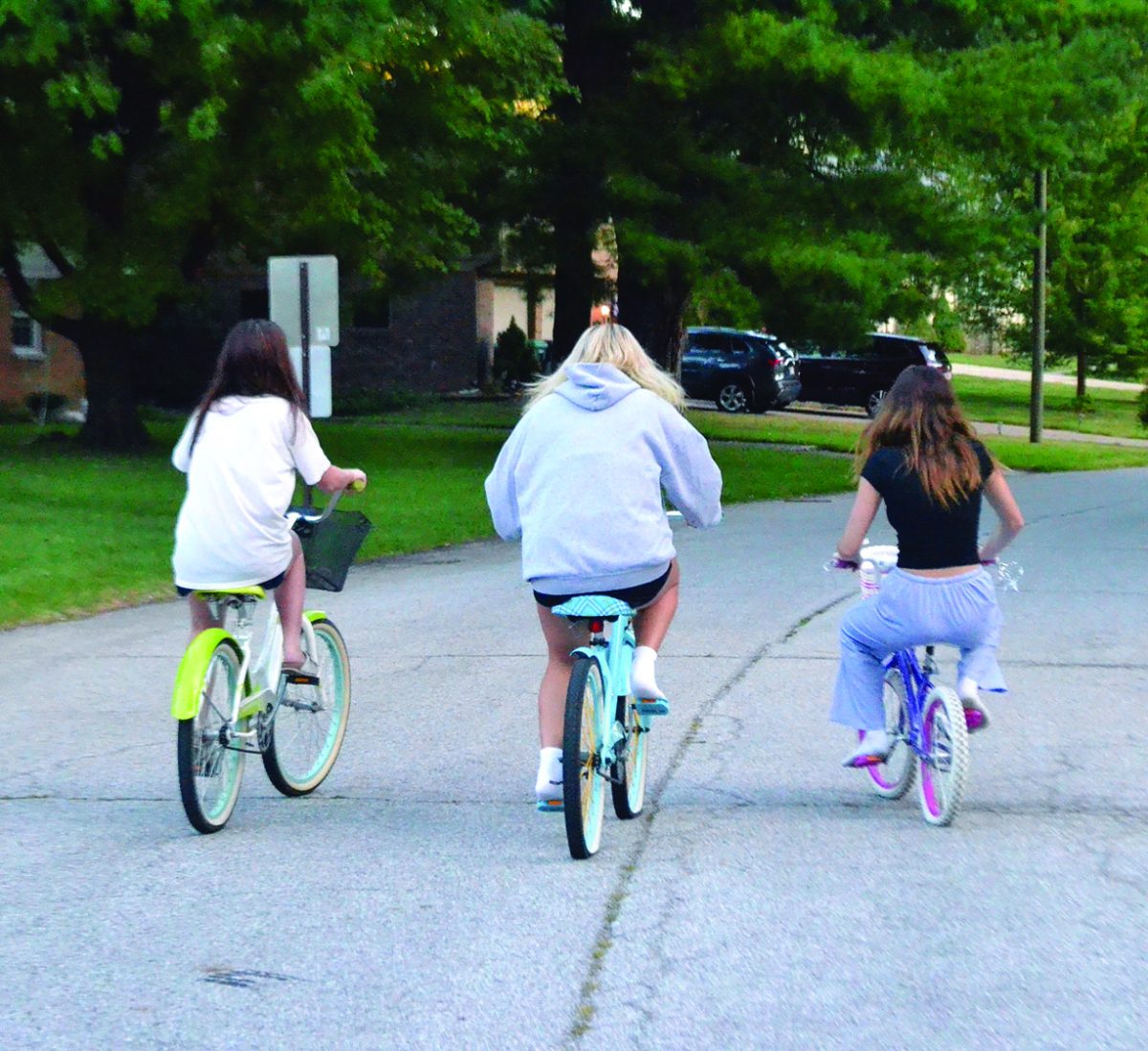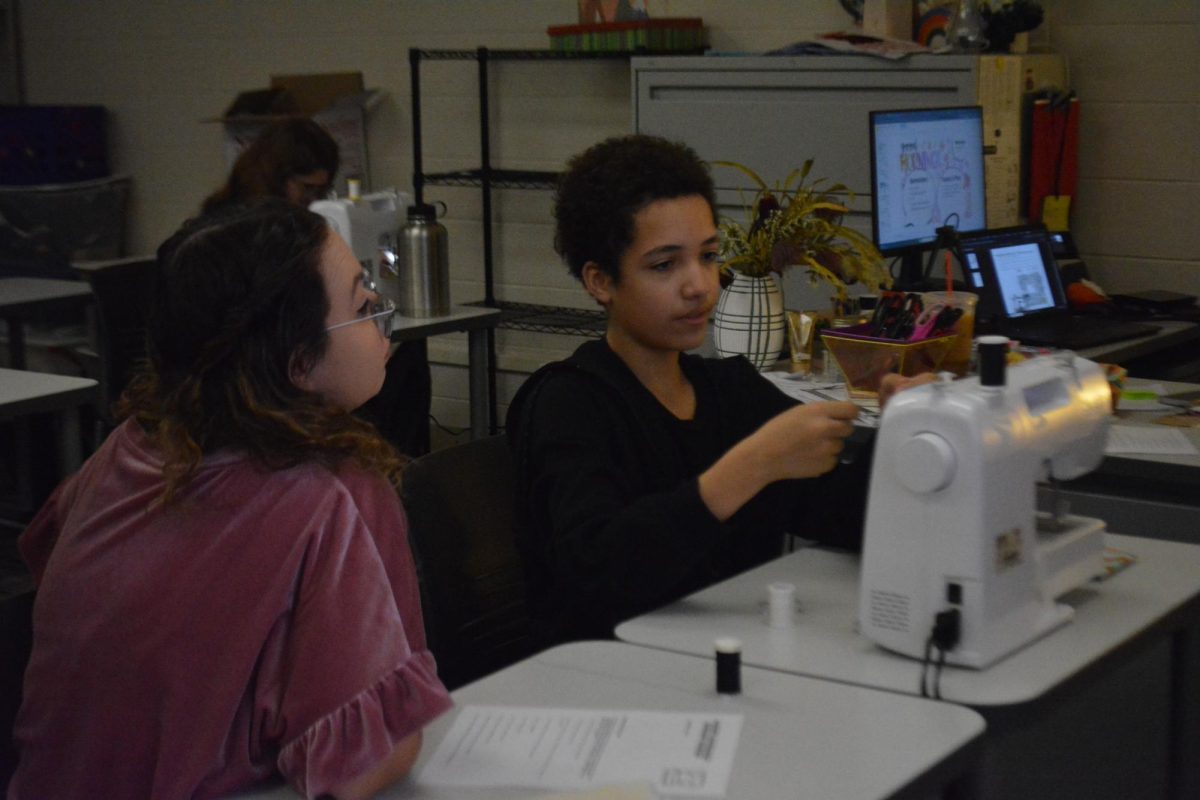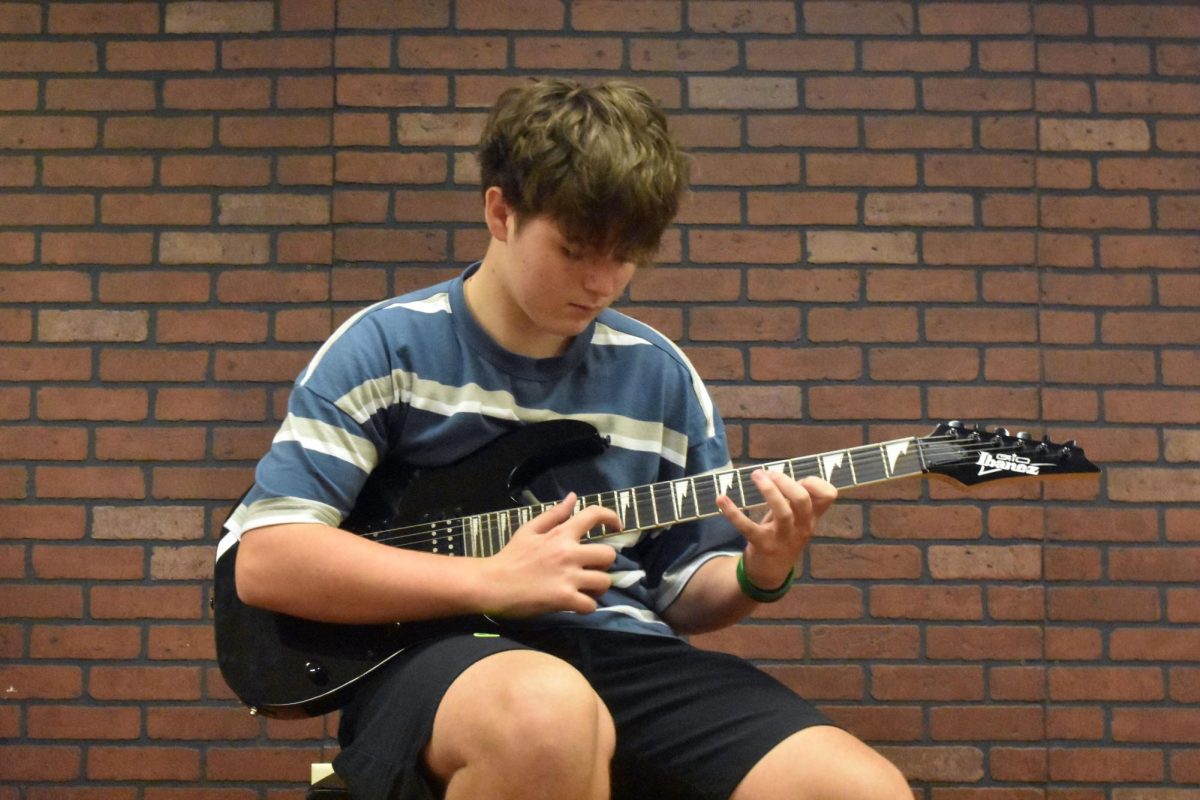Learning how to play the piano can be more than just learning the basics; it unlocks doors to boosting self confidence.
Sophomore Gabriella Clark has been playing the piano for years.
“I’ve been playing piano since I was 5 years old. My grandparents had a piano. I expressed that interest, so my mom signed me up for lessons,” Clark said.
When being a pianist, there are pieces a musician might enjoy playing,
“Some of my favorite pieces to play are Chopin Nocturnes, and right now I’m working on an ATud. It’s called Hungarian Prelude,” she said, “I really like stuff from the romantic era. 20th Century pieces are probably my least favorite.”
Becoming a competitive pianist can lead to opportunities.
“I’ve been competing with the National Federation of Music Clubs, the NFMC contest. I’ve been doing that since sixth grade, and so far I’ve won every year,” she said
The NFMC has more than 90,000 seniors, students and juniors in over 5,000 music-related clubs and organizations worldwide. They are dedicated to finding and helping young musicians, NFMC offers more than $775,000 in state and national competition prize money.
“I’ve also participated in the Indianapolis Piano Teachers Association. I’ve been doing that contest since seventh grade, and I’ve gotten money at that since seventh grade so I’ve done pretty well at that one, too,” she said.
Clark shared how she prepares for her performances.
“The most important thing is to get into the right mindset. So, I always get to the contest site early, so about 10 to 20 minutes. I always make sure to get in the right headspace and everything,” she said. “Sometimes if I’m feeling really stressed out, I’ll run through some scales, do my piece, and then I’ll play a few simpler songs just to get myself really re-oriented. Then honestly, I just remind myself that this is something I do for fun really helps me just reframe my thoughts and get into the right mindset for it.”
Clark has a routine she typically follows every time she practices.
“I usually try to start with some scales and a warm up of some kind, and then I’ll go into a piece. Sometimes, it’s a piece that I can play from memory just to get myself focused a little easier than whatever I’m going into. Then, I’ll work through a longer section of a piece until I get it good, and then I’ll run through the piece at the end. So, the whole thing should last about an hour and 30 minutes to two hours,” she said.
Clark shared some advice to any beginner wanting to learn.
. “My best advice would be to just stick with it and try and enjoy it because honestly it’s not supposed to be stressful. Some good pieces to start out with are really anything that’s simple, any songs that you’re interested in learning as long as you look for the right arrangements for beginners would be good. A lot of pop music has some really simple stuff in it. So, I’d start with that,” she said.




